 Nature / Science Activities
Nature / Science Activities
Kid-friendly activities that focus on science and gets your child outdoors.
-

- Activity Title
- ?
Topic or Theme
Identifying letters in a child's name and listen to ABC (The Alphabet Song)

-
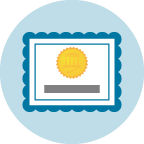
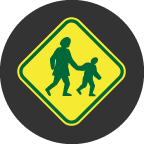
First Name
Brief description of activity or summary of tasks and/or materials used.
-

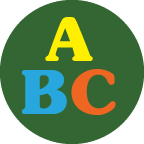
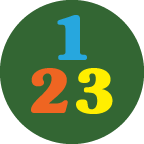
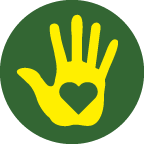

-
- Nature/Science
- 22
Outside Day
Enjoying and using the outdoors
-
Outside Day
Enjoying and using the outdoors
-

-
- Nature/Science
- 23
Right Handed or Left Handed
Sometimes you need to observe to learn
-
Right Handed or Left Handed
Sometimes you need to observe to learn
-




-
- Nature/Science
- 23
Time
Learning the months while reflecting on the past year
-
Time
Learning the months while reflecting on the past year
-



-
- Nature/Science.
- 23
Clouds
Having fun with "clouds" and "wind" while using target words and math
-
Clouds
Having fun with "clouds" and "wind" while using target words and math
-



-
- Nature/Science
- 23
Tree Adoption
Exploring how the environment changes
-
Tree Adoption
Exploring how the environment changes
-


-
- Nature/Science
- 23
Water Play
Using different utensils for outdoor water play and making “swamp” water
-
Water Play
Using different utensils for outdoor water play and making “swamp” water
-



-
- Nature/Science
- 23
Mitten Fun
Introducing winter and cold, estimation and counting skills
-
Mitten Fun
Introducing winter and cold, estimation and counting skills
-


-
- Nature/Science
- 22
Map and Globe
Introducing a map and globe
-
Map and Globe
Introducing a map and globe
-


-
- Character Traits
- 12
Courage
Read "The Little Engine that Could" while teaching the meaning of courage or Click here to Read/Listen
-
Courage
Read "The Little Engine that Could" while teaching the meaning of courage or Click here to Read/Listen
-



-
- Nature/Science
- 22
Eating Healthy
Creating healthy meals
-
Eating Healthy
Creating healthy meals
-





-
- Nature/Science
- 22
Changing Color
Activity that shows how water travels through flowers
-
Changing Color
Activity that shows how water travels through flowers
-



-
- Nature/Science
- 22
Animal Recognition
Using the book “The Mitten” for counting and animal recognition
-
Animal Recognition
Using the book “The Mitten” for counting and animal recognition
-



-
- Nature/Science
- 22
Nature Tic-Tac-Toe
Playing game "tic-tac-toe" with items from nature
-
Nature Tic-Tac-Toe
Playing game "tic-tac-toe" with items from nature
-


-
- Character Traits
- 12
Caring
Read the book "How Kind" by Mary Murphy to recall details and how to share kind efforts
-
Caring
Read the book "How Kind" by Mary Murphy to recall details and how to share kind efforts
-



-
- Nature/Science
- 23
Making Sun Prints
A fun sunny day activity
-
Making Sun Prints
A fun sunny day activity
-




Activity Skills Focus
1 Social / Emotional Skills
Skills that develop children’s ability to understand the emotions of others and help children recognize and use appropriate social behaviors (for example, making friends). In the Department of Education report “Guiding Principles A Resource Guide for Improving School Climate of January 2014 it states “strategies such as social-emotional learning programs that address non-cognitive skills, including problem-solving, responsibility and resiliency, can also help students develop the skills needed to fully engage and thrive in the learning environment.”
2 Language Skills
Skills that help children understand and communicate during early childhood. The alphabetic principle (knowing letter names and sound-letter matches) aids in language development and is enriched by verbal interactions with other children and adults (reading aloud and engaging in conversation).
View all Language Skills Activities
3 Math / Science Skills
Math and Science skills help children with problem-solving and reasoning. Exploring numbers, patterns, and measurements by using math manipulatives (beads, counters, pennies) are all ways children develop their math skills. Asking questions about their surroundings, learning a science vocabulary (predict, observe), and having hands-on experiences with their environment can help develop their science skills.
4 Motor Skills
Motor skills are actions that involve the movement of muscles in the body. They are divided into three groups:
1. gross motor skills, which are the larger movements of arms, legs, feet, or the entire body (crawling, running, and jumping)
2. fine motor skills, which are smaller actions, such as grasping an object between the thumb and a finger (pencils or scissors)
3. sensorimotor skills which use the five senses to guide physical motions as in eye-hand coordination.
View all Motor Skills Activities
5 Problem Solving Skills
Skills that help with the construction of thought processes, including memory, problem-solving, and decision-making.
